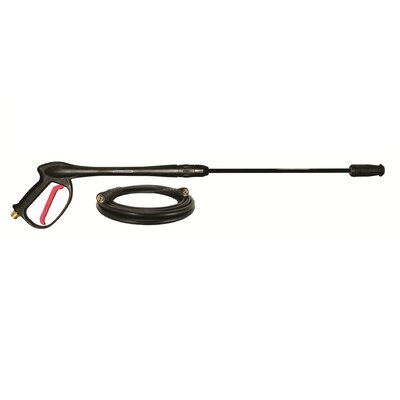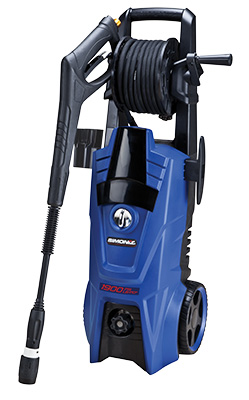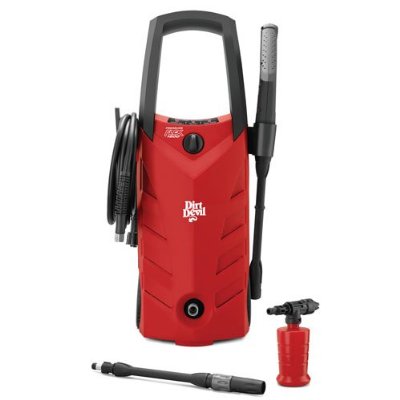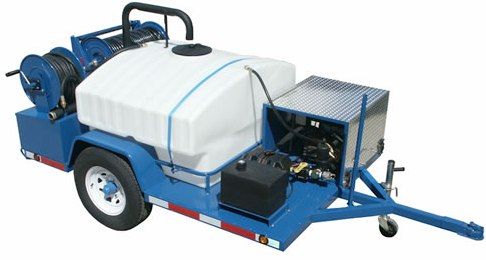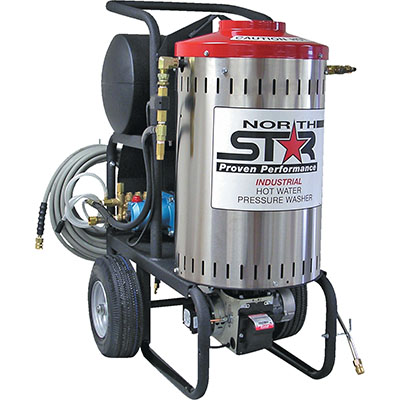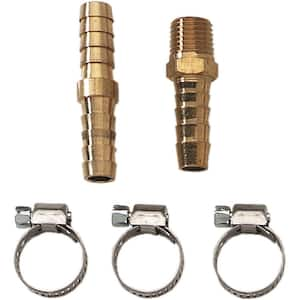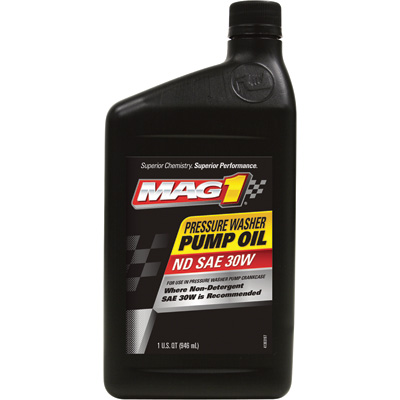A pressure washer (also called a power washer) can be the perfect device for blasting through your outdoor cleaning chores and saving you the time and hard labor of scrubbing. It's far more effective than a garden hose on cars, boats, lawn furniture, play equipment, decks, masonry and siding. Some can even remove algae, mold, mildew and mulch stains. Pressure washers work by means of a pump powered by an electric motor or a gas engine -- so your work is mostly confined to pulling the trigger on the spray gun.
The best pressure washers use different spray tips or an adjustable wand. This enables you to get the right amount of water pressure for each job. The nozzle options should range from a fan-like spray that is easy on painted surfaces to a blast for scouring mold and grime. The type of pump is one indication of the pressure washer's build quality. Experts say triplex pumps are the best, lasting longer than axial cam or wobble pumps. Three measures indicate how powerful a pressure washer is: Pounds per square inch (psi) is the force of the water; gallons per minute (gpm) is the amount of water the unit uses; and cleaning power is the figure you reach when you multiple psi by gpm. Keep in mind, however, that a higher psi isn't always the best choice, as some surfaces and products can be damaged by high pressure. Experts recommend that you match the size of your unit to your outdoor cleaning tasks.
The best pressure washers use different spray tips or an adjustable wand. This enables you to get the right amount of water pressure for each job. The nozzle options should range from a fan-like spray that is easy on painted surfaces to a blast for scouring mold and grime. The type of pump is one indication of the pressure washer's build quality. Experts say triplex pumps are the best, lasting longer than axial cam or wobble pumps. Three measures indicate how powerful a pressure washer is: Pounds per square inch (psi) is the force of the water; gallons per minute (gpm) is the amount of water the unit uses; and cleaning power is the figure you reach when you multiple psi by gpm. Keep in mind, however, that a higher psi isn't always the best choice, as some surfaces and products can be damaged by high pressure. Experts recommend that you match the size of your unit to your outdoor cleaning tasks.

